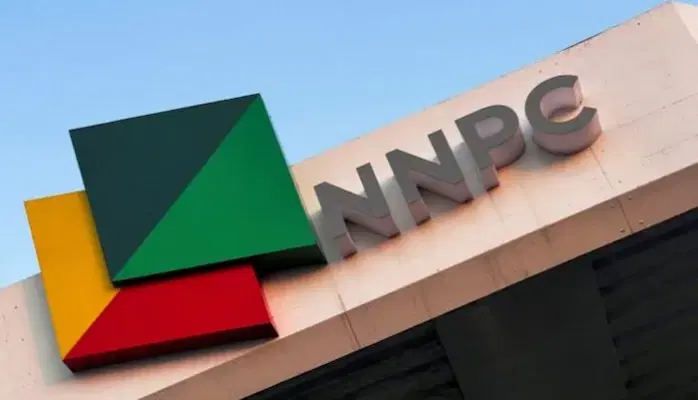The Socio-Economic Rights and Accountability Project (SERAP) has filed a lawsuit against the Nigerian National Petroleum Company Limited (NNPCL) for allegedly failing to account for N500 billion in oil revenue not remitted to the Federation Account between October and December 2024.
In a statement signed Sunday by SERAP Deputy Director Kolawole Oluwadare, the group cited World Bank findings which revealed that out of N1.1 trillion in crude oil sales and other income in 2024, the NNPCL remitted only N600 billion—leaving a deficit of N500 billion unaccounted for.
Responding to SERAP’s Freedom of Information (FoI) request, NNPCL—through its lawyers, Afe Babalola & Co—claimed the FoI Act does not apply to it. However, in suit number FHC/L/MSC/553/2025 filed last Friday at the Federal High Court in Lagos, SERAP is seeking a mandamus order compelling NNPCL to account for the missing N500 billion and to invite anti-corruption agencies to investigate the shortfall.
SERAP also urged the court to compel NNPCL to identify and hold accountable those responsible for the unremitted funds, surcharge them, and hand them over to relevant authorities for prosecution.
The organisation argued that NNPCL has a constitutional duty to uphold transparency and accountability under the 1999 Constitution (as amended), the Freedom of Information Act, and international anti-corruption and human rights obligations. It also cited a recent Supreme Court ruling affirming the applicability of the FoI Act to all federal public institutions, including NNPCL.
According to SERAP, the alleged missing funds have deepened Nigeria’s economic woes, contributed to rising deficit spending, and worsened the country’s debt crisis. It added that the mismanagement of oil revenue reflects systemic accountability failures within NNPCL and undermines the welfare of Nigerians.
The statement further emphasized the need for full recovery and remittance of the N500 billion to the Federation Account, stressing that the funds could have significantly improved access to basic services and reduced poverty, especially during a worsening cost-of-living crisis.
SERAP also highlighted longstanding concerns raised by the Auditor-General of the Federation and the Nigeria Extractive Industries Transparency Initiative (NEITI) regarding unremitted oil revenues. It warned that continued violations of transparency laws and constitutional provisions deny states and local governments their rightful allocations.
Citing Sections 13 and 15(5) of the Constitution, and international obligations under the UN Convention Against Corruption, SERAP argued that the NNPCL must ensure accountable management of public resources.
The group concluded that Nigerians have a constitutional and legal right to know the whereabouts of their oil wealth, noting that the missing N500 billion has deprived citizens of access to essential services and violated their socio-economic rights.
No date has been set for the hearing.


